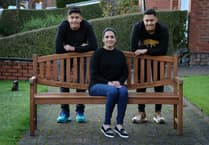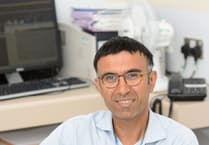A woman who spent months being treated for a suspected ear infection discovered it was actually a brain tumour.
Jane Lightfoot, 47, took several courses of antibiotics after visiting different GPs but her hearing problems didn’t improve.
She asked to see an ear specialist who referred her tests which eventually uncovered a vestibular schwannoma.
It is a non-cancerous tumour on the balance nerve and auditory nerve.
She endured years of hearing tests and MRI scans and then a one-off intensive session of radiotherapy when the tumour grew larger.
The mum-of-one still suffers headaches, dizziness, fatigue, mood swings and shooting pains through her head and behind her right ear.
But she says she considers herself lucky.
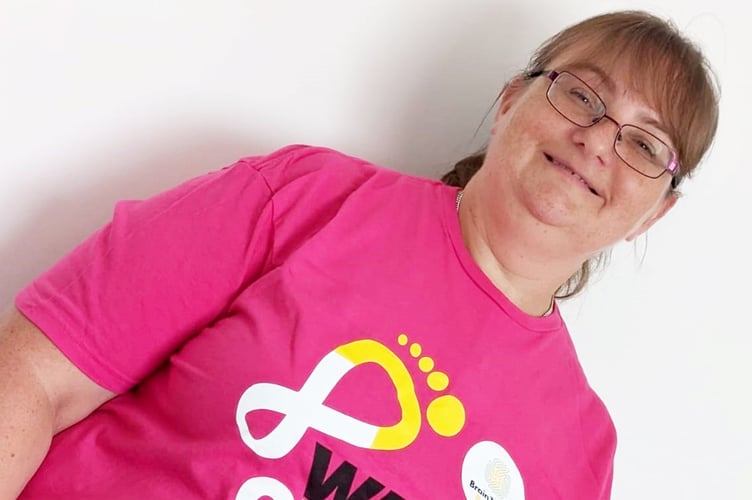
Jane Lightfoot, from Tongham, near Farnham, said: “I suffered for many months with what was thought to be a severe ear infection.
“It wasn’t clearing up, despite me having many courses of antibiotics, and had knocked my depression to rock bottom, so I went back to the doctor.
“Having seen a different GP at each appointment, I got fed up with repeatedly answering the same questions and asked to see one who specialises in ear problems.
“The doctor I saw was lovely and asked if I had ever had a balance check and an MRI scan, which I hadn’t.
“Within a couple of weeks both tests had been booked, carried out and a referral was made to see an ear, nose and throat (ENT) specialist.
“That appointment took place a couple of months later.
“I don’t remember all the conversation and think it took a while to sink in, but I was told my hearing wasn’t the best because of the fact I had a brain tumour.”
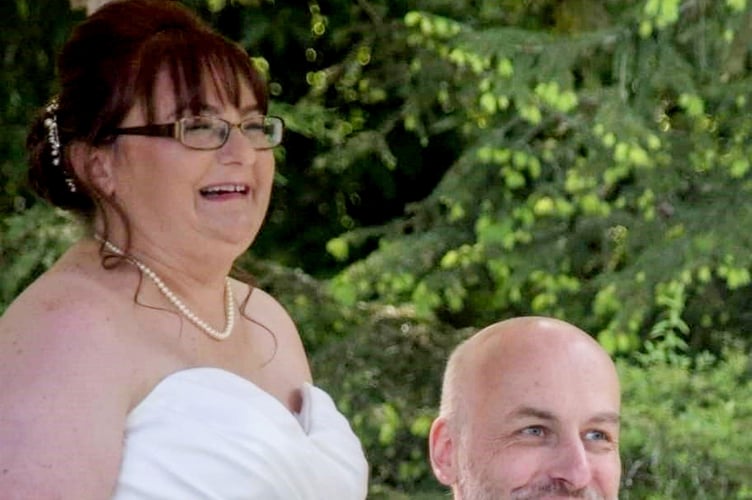
After being diagnosed with vestibular schwannoma in April 2015, she had scans and tests regularly.
In 2019 it was revealed her tumour had grown a “vast amount” and in April 2021 she had a one-off intensive session of radiotherapy.
“As I sat alone in the waiting area waiting to be called in, I suddenly had a meltdown as it dawned on me what was about to happen,” she said.
“Once in the treatment room, two lovely members of staff calmed me down and talked me through the whole process.
“I laid on the bed while they carried out all their checks and my head mould was bolted to the table.
“I lay there uncomfortable, not being able to move or talk, with only a thumbs up or down as to how I was feeling.
“The machines kicked into action and the tears rolled down my checks with thousands of images and thoughts flashing before my eyes.
“Eighteen months have passed since then and, while it’s not all been plain sailing, I know I’ve been extremely lucky as I haven’t experienced half the side effects I could have.”
Jane will be taking part in the Brain Tumour Research charity’s Chichester Walk of Hope on September 30 – to give back to a charity she says has “been a huge support”.
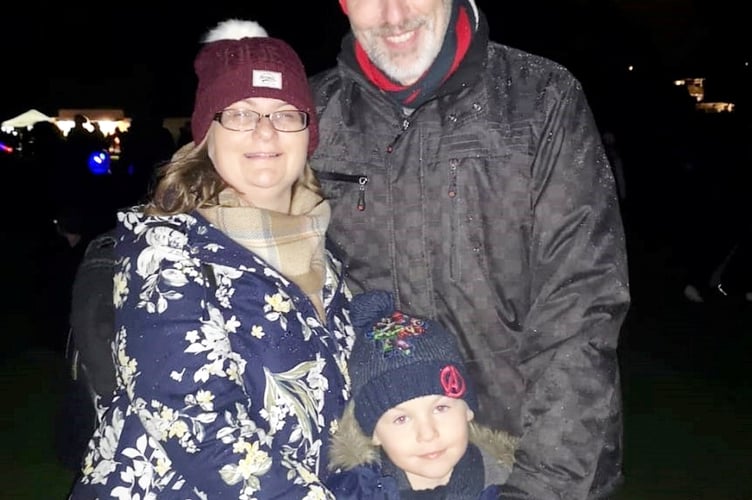
The 9km walk will start at Bishop Luffa School and follow the Centurion Way path running between Chichester, Lavant and West Dean.
Charlie Allsebrook, community development manager for Brain Tumour Research, said: “Jane’s story is a stark reminder of the indiscriminate nature of brain tumours, which can affect anyone at any time.
‘They kill more children and adults under the age of 40 than any other cancer, yet just one per cent of the national spend on cancer research has been allocated to this devastating disease since records began in 2002.
“We’re determined to change this but it’s only by working together we will be able to improve treatment options for patients and, ultimately, find a cure.
“We’re really grateful to Jane for her support and would encourage anyone interested in taking part in a Walk of Hope to visit www.braintumourresearch.org/walk-of-hope.”
Jane can be sponsored online at www.justgiving.com/fundraising/jane-blackall

